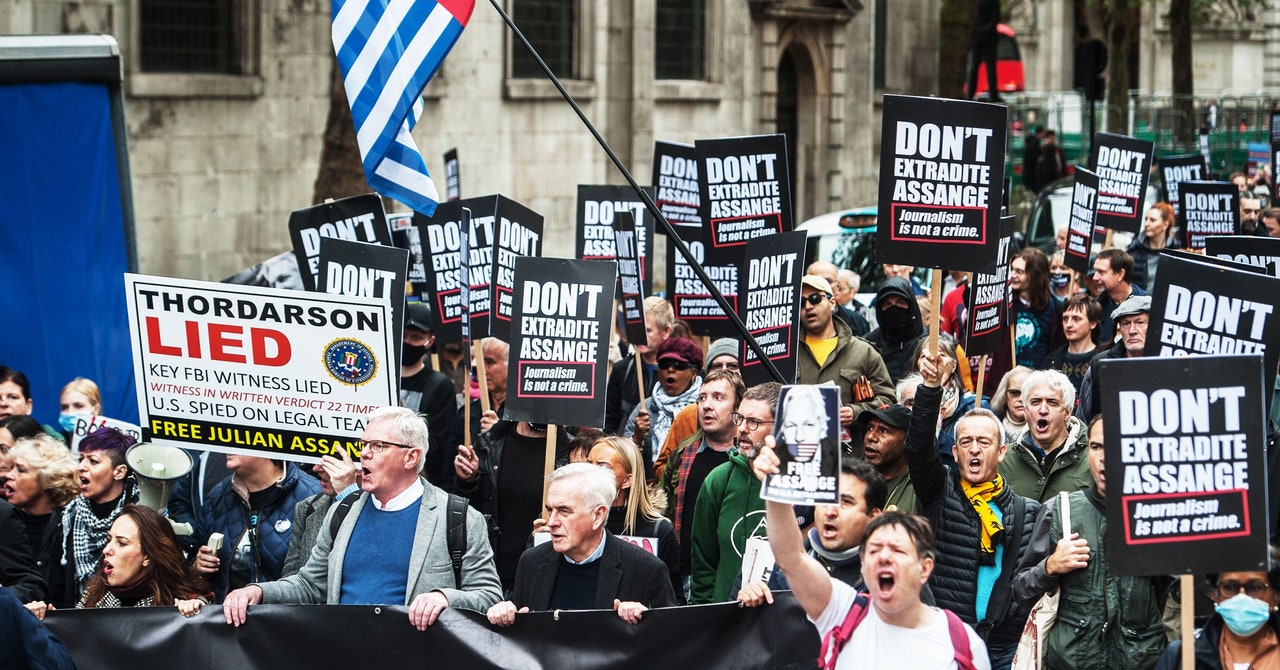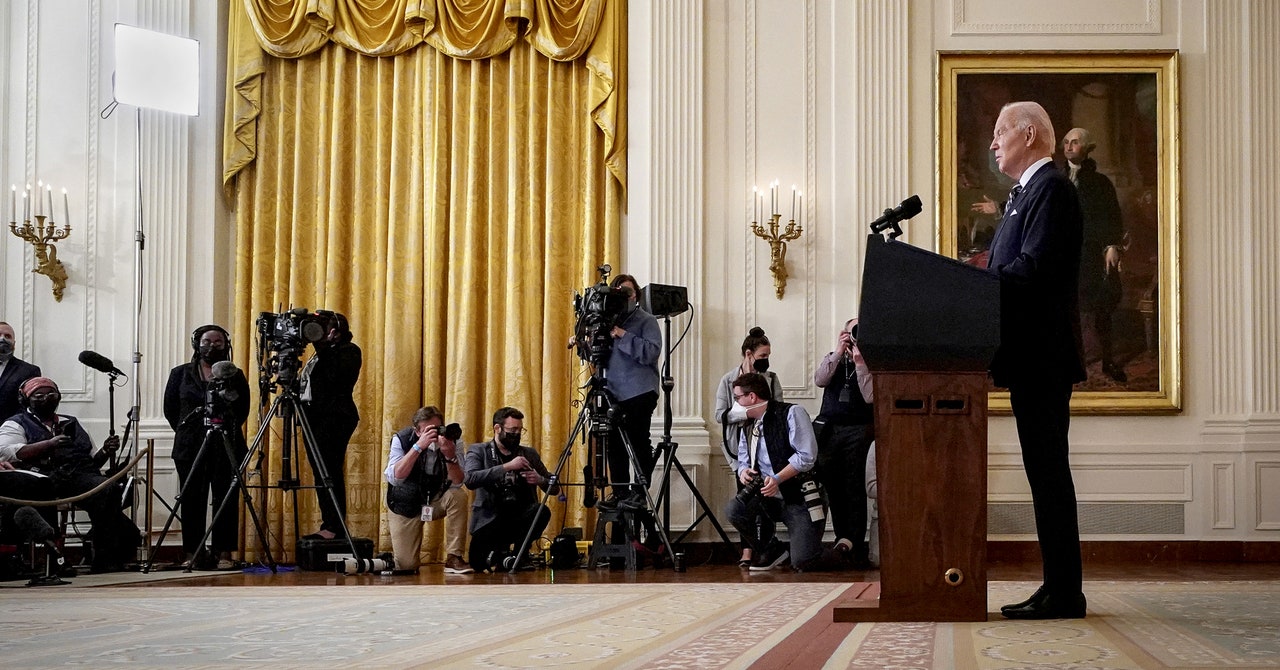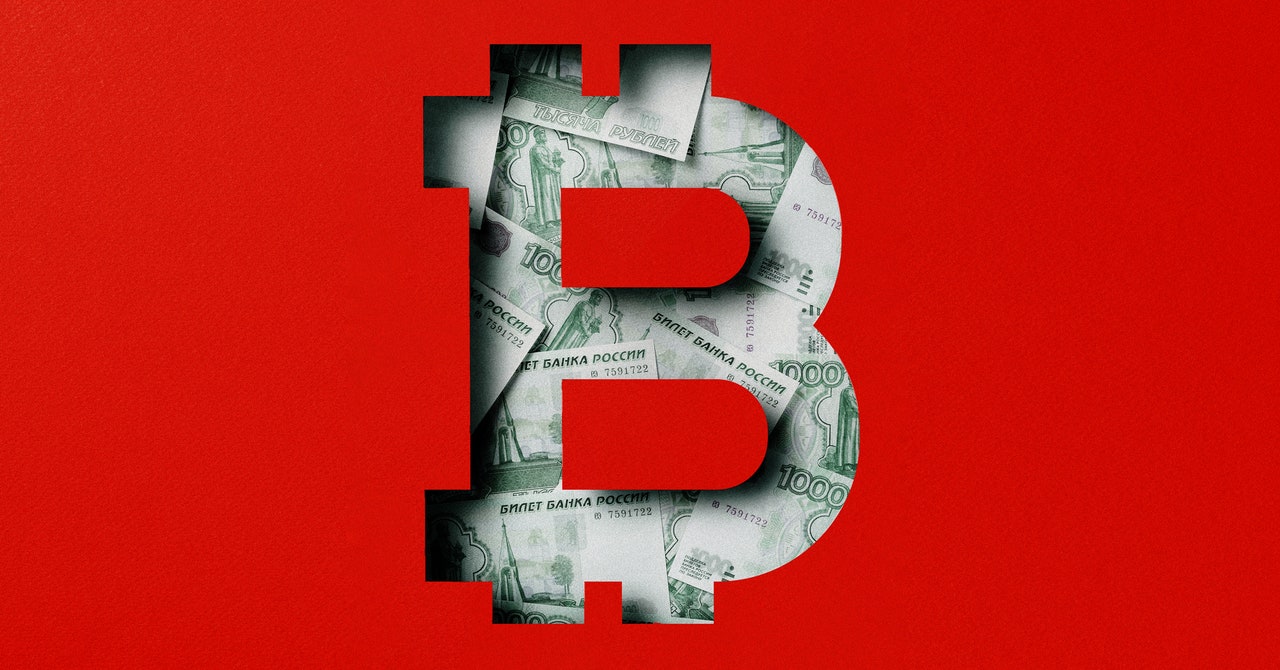Assange’s legal team has 14 days to appeal, according to the Home Office. His next step, after the defense’s argument based on Assange’s risk of suicide was rejected, is likely to be to focus on other arguments his team has raised against extradition, such as the threat it poses to press freedom and political bias against Assange by United States Law Enforcement, given that Assange has been a thorn in the side of the US executive branch for more than a decade.
“I think there are many avenues here,” says Naomi Colvin, UK/Ireland director at advocacy group Blueprint for Free Speech. She points out that even if these further arguments fail to sway the UK court system, Assange could also appeal to the European Court of Human Rights in Strasbourg, France, arguing that extradition would breach the UK’s commitment to the treaties for human rights. In another option, Assange’s team could seek a judicial review that specifically challenges the political side of Patel’s decision, Colvin added.
Assange has been facing charges in the United States since April 2019, when the US Department of Justice charged him with hacking crimes: he was accused of conspiring with Manning to steal Defense Department secrets. That initial indictment centered on allegations that Assange actively helped the young private crack a password to gain access to a restricted section of a military network — a carefully crafted allegation that seemed designed to distinguish Assange from traditional journalists and instead brand him as a cybercriminal.
Just a month later, however, the Justice Department turned to a more aggressive strategy, unsealing a superseding indictment against Assange that accused him of violating the Espionage Act, a 100-year-old law against the release of classified information. This new charge has already been brought against whistleblowers like Manning and Edward Snowden, but using it against a journalist like Assange — a recipient and publisher of classified leaks, not a source — represented a new and highly controversial move for US law enforcement.
“For the first time in our country’s history, the government has brought criminal charges against a publisher for publishing true information,” said Ben Wisner, director of the American Civil Liberties Union’s Speech, Privacy and Technology Project. WIRED at the time. “This is an extraordinary escalation of the Trump administration’s attacks on journalism and a direct attack on the First Amendment.”
Manning did not immediately respond to WIRED’s request for comment.
As Assange’s case developed, it was buffeted by politics. His case was dropped by former US President Barack Obama’s administration before being resurrected under Donald Trump. President Joe Biden’s administration continued its case against Assange, but Colvin of Blue Print for Free Speech hopes the Biden White House may be less committed to extradition than Trump’s. “It could be that there are people in the Biden administration who would like to see this go away,” Colvin says. “I don’t think it’s impossible by any stretch of the imagination.”
Meanwhile, Assange’s escape from US prison is narrowing. Unless the UK government or the US Department of Justice reverse course, his case may soon move across the Atlantic. And if it does, a journalistic publisher of information – however radical or controversial the publisher may be Assange – will face espionage charges in a US court for the first time.




